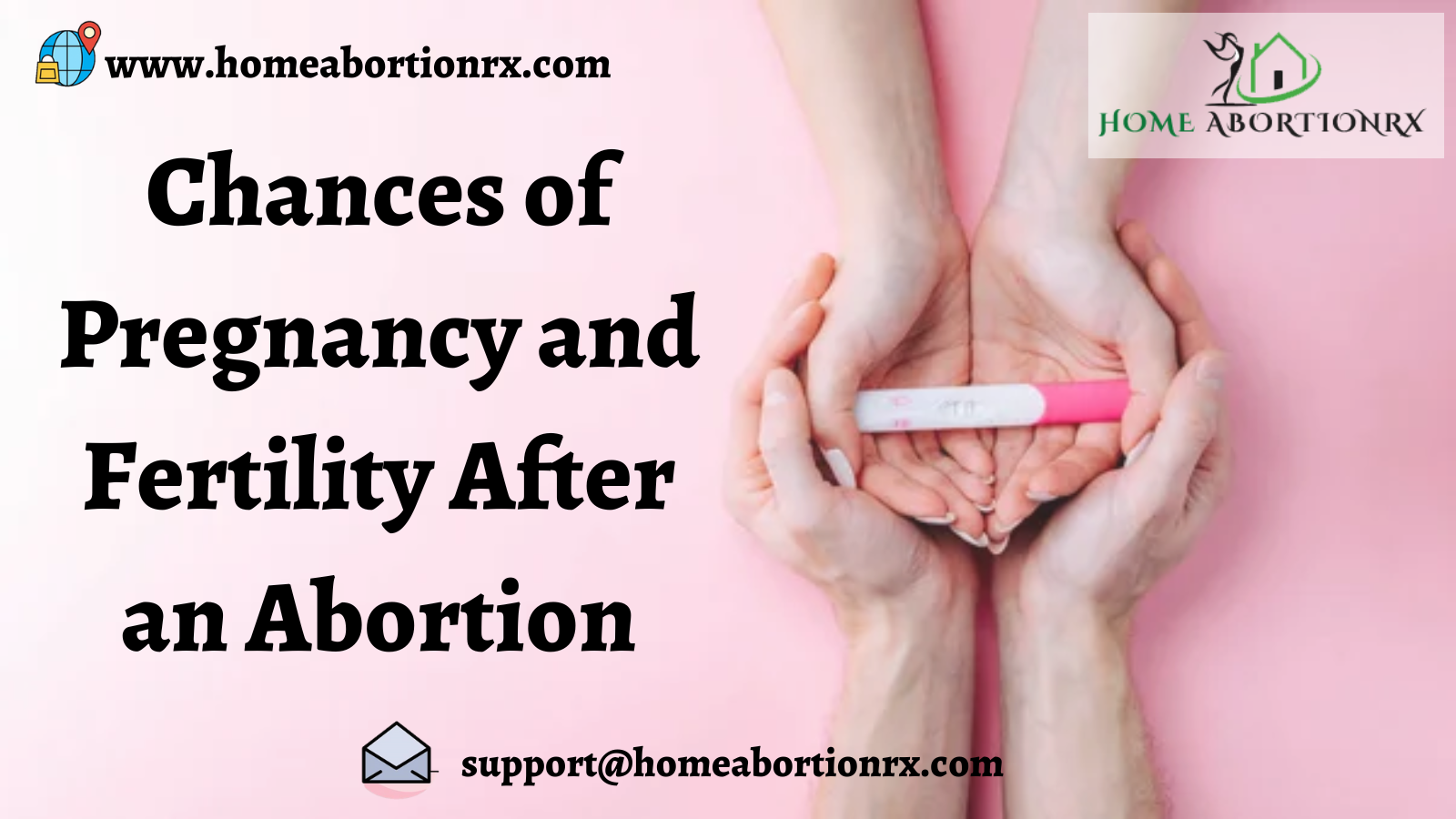
In a medical abortion, two medicines – Mifepristone and Misoprostol are used to end a pregnancy that is within 9 weeks of gestation. While many people usually focus on how to do an at-home abortion? But It is important to also understand what happens after a pregnancy termination. Can you get pregnant once again? If yes, how soon can you conceive, and what measures should you take to prevent an unplanned pregnancy? Or if planning to conceive, how to do so safely, and the right time for it.
Does Abortion Affect Your Fertility?
In a medication procedure, there is no use of equipment or invasive treatment. Thus, risk of injuries to the cervix, vagina, or uterus. So, if you ask, can abortion cause infertility in women? The answer is no. You can conceive quite soon after ending the pregnancy while still bleeding. To deter conceiving, you must start using regular birth control within 3 to 9 days of medical abortion. But do so only if you are sexually active.
It can take a few weeks for the menses to regularize. So be patient, and despite a safe abortion at home, you must not try to plan a pregnancy immediately after termination. Give yourself the required nutrition and care for recovery, and time to heal. It is valid to say that an interval of 5 to 6 months is the best if you are looking forward to getting pregnant once again after the medication termination.
What Kind of Birth Control is Suitable?
After a termination, there is a chance that you can become pregnant when your period becomes regular. Thus, begin with non-hormonal birth control at least for the first 2 to 3 months after pregnancy termination. Try to avoid hormonal contraception for this duration because your body is already experiencing ups and downs in hormonal balance. Thus, disrupting it further ahead with the addition of hormonal contraception, may not be that suitable for health initially.
Do remember abortion causes heavy vaginal bleeding. Thus, avoid an incertable form of birth control until you recover and the bleeding stops. The uterus needs some time to heal. And to restrict the risk of infection due to continuous bleeding, do not choose an intrauterine device. Rather, you may use condoms during intercourse. This is completely reliable and safe because it does not contain any hormones.
Where to Get an Abortion Pill and Birth Control?
You can look for websites that offer pregnancy-related healthcare products. Choose one and you shall find medications and products to prevent pregnancy. And if you are particularly looking to end your pregnancy again, then choose a provider that gives importance to your privacy and has FDA-approved medicines for the procedure. Birth control support is often available at hospitals and clinics as well.
To Conclude
It is possible to conceive following a pregnancy termination. But you need to plan for one carefully keeping your health and recovery in mind. Also, an immediate abortion after pregnancy should be avoided if you had ended a pregnancy just recently, and conceived soon after. Or, there is an increased risk of weakness and other issues due to continued bleeding. Discuss your options for contraception and pregnancy with a healthcare provider for guidance.
